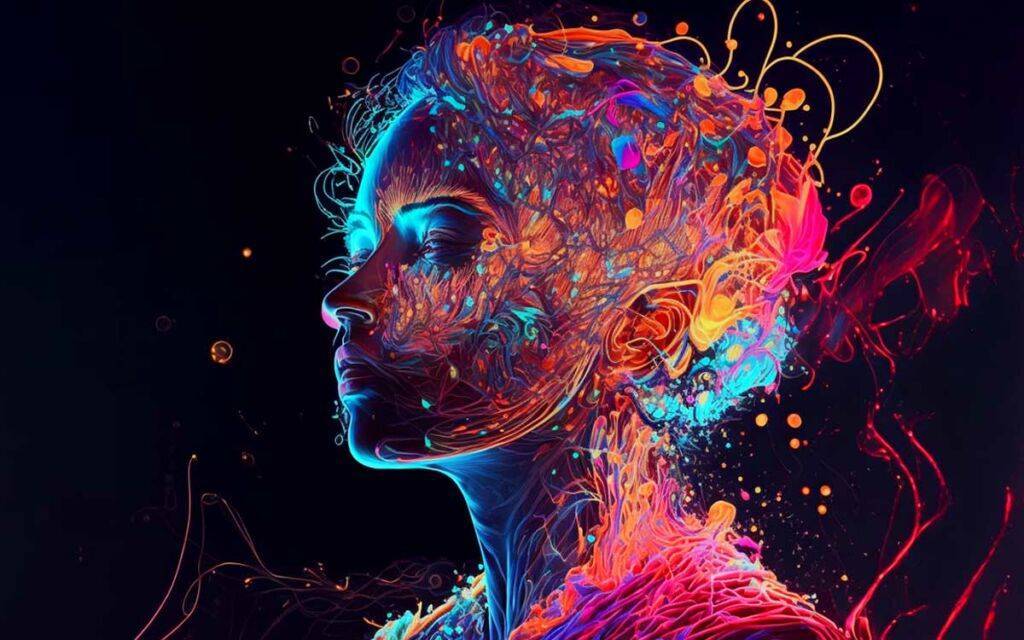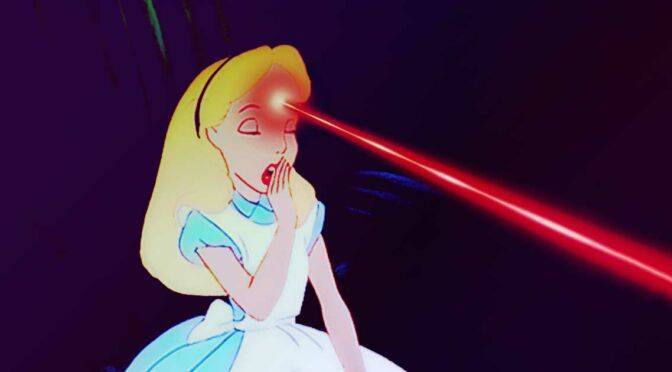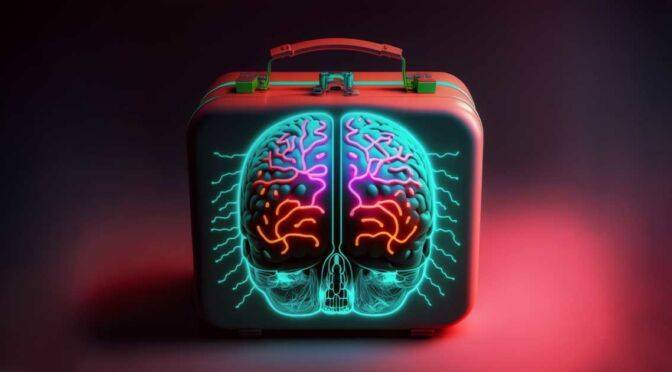“When I arrived at Oxford University back in 1988, psychologists were studying sight in one lab and hearing in another; and I thought to myself “Well that doesn’t make much sense, does it?” Historically, neuroscience and psychology has always explored the senses separately. The reality is you cannot consider vision without also considering hearing, tasting without also thinking about smelling. All the senses are intimately connected. Multi-sensory perception turns out to be the norm and not the exception. ”
— Charles Spence, Professor of Experimental Psychology at Oxford University
Professor Charles Spence of Oxford University is a leader in Senseploration – the investigation of how our senses mingle and tangle up.
His research led him to the conclusion our senses don’t operate independently at all.
They are intimately, synesthetically connected and cross-referential.

In his research, he explores:
Awareness of Sensory Dominance:
When one sense bosses around the others
Maximimising the Superadditive:
When senses team up to enhance experience
Minimizing the Subadditive:
When senses contradict one another
Through his observation he’s made fascinating discoveries about our sensory experiences.
“I found that one of the best places to study multi-sensory interaction is food. Diners and restaurateurs are always surprised to learn that higher pitched music will bring out the sweetness in the dish, whereas playing lower pitch more brassy sounds will accentuate the bitter notes instead.
[When people taste seafood] their experience is enhanced by the sounds of the sea playing in the background. In the world of sonic seasoning, sound really is the forgotten flavor sense.
Another everyday example of subjectivity is when watching a movie and the voice that we hear has been badly dubbed. No matter how hard you try it’s a distracting and unpleasant experience.
Another example of subjectivity is when marketers have decided to change the color of a drink - say something like a raspberry flavored drink, they make it blue... it is incongruent, it may be some additive but nevertheless it captures our attention that blue just stands out in amongst everything else.
We’re all hungry for synesthetic connections... Sensploration arms us with capabilities to enhance our experience. ”
You can learn more about Charles Spence’s work here
Video by Future of StoryTelling
2-3X Your
Learning Speed

18 Science-backed Ways to Hack Jealous Communication
Thanks to evolution, mammalian brains are jealous af. Anytime anyone infringes on our “territory” (land, family, lover, money, etc.), human

Want More Happiness? Just Stay Alive and Lower Your Expectations
Researchers have been flip-flopping for decades on whether happiness and age go hand in hand. But, in 2013 Scientific American

Yawning is the Fastest Way to Hack Mental Stress and Focus
Most people think of yawning as just a sign of either being as bored as a sentient statue, or needing

The “Survival Kit” of Mindfulness Techniques for Empaths
Empathy is the ability to “put yourself in the shoes” of other people and deeply connect with their experiences. The

